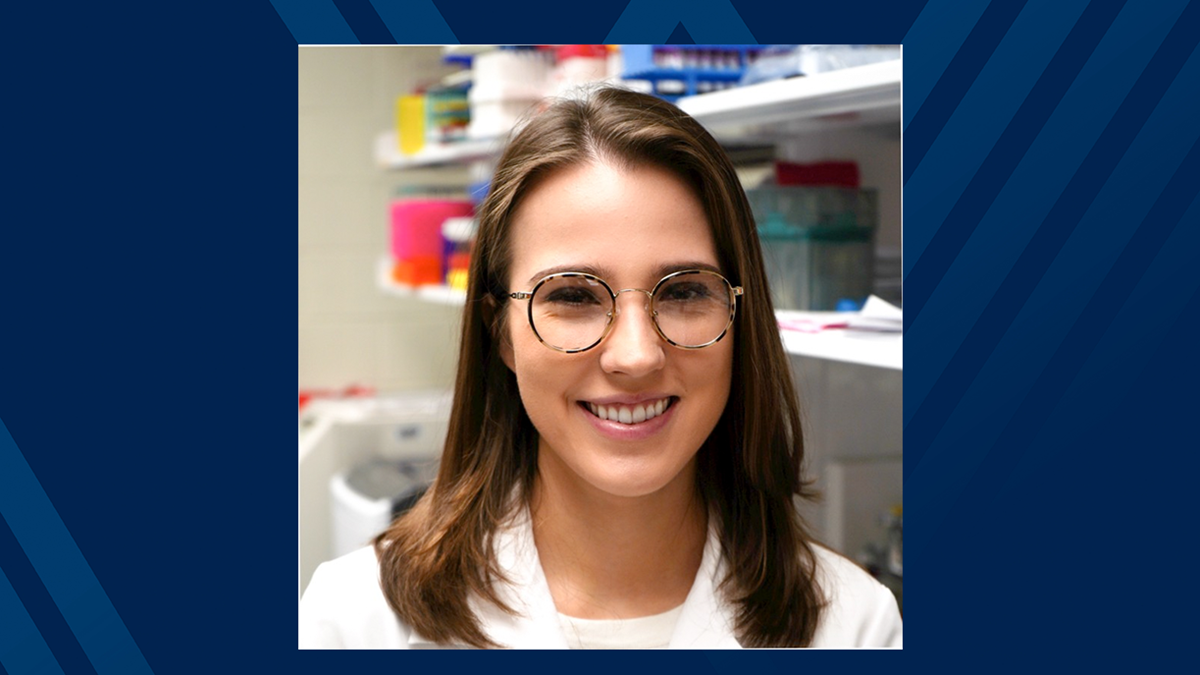Megan DeJong

“One of the key parts of neurology is getting to talk to patients, to hear their story and understand what’s going on. I love talking to people, and I realized that this field was exactly what I wanted.”
While M.D./Ph.D. student Megan DeJong always knew she wanted a career in medicine, she didn’t realize how perfectly the field of neurology would suit her until she experienced it firsthand during her clinical rotations at the West Virginia University School of Medicine.
“I took neurology last, honestly thinking I wouldn’t like it,” said DeJong, a Fairmont, West Virginia native. “But it turned out to be better than I could have ever imagined.”
Throughout medical school, DeJong thought she would pursue infectious disease, following the example of mentors and faculty she admired. However, after her neurology rotation, she quickly realized that she had found a specialty that matched her personality and passion for patient care.
“One of the key parts of neurology is getting to talk to patients, to hear their story and understand what’s going on,” she said. “I love talking to people, and I realized that this field was exactly what I wanted.”
Through her clinical experiences, DeJong found inspiration from her mentors who specialize in movement disorders, most notably Ann Murray, M.D., from the Department of Neurology. Observing treatments like deep brain stimulation, where patients’ tremors were visibly reduced in real-time, solidified her decision to pursue neurology.
“It was the wildest thing to see a patient’s symptoms improve right in front of my eyes,” DeJong said. “Seeing how life-changing this could be for patients made me realize this is what I want to do.”
The WVU School of Medicine provided DeJong with a variety of experiences that prepared her for the next step in her career. She credits her education for giving her strong clinical skills and helping her develop meaningful relationships with patients.
“WVU gave me the tools to communicate with patients from all backgrounds,” she said. “You have to explain things clearly and with empathy. Patients may be dealing with transportation challenges, financial struggles, or just life circumstances. Understanding that makes you a better doctor.”
During her time at WVU, DeJong participated in a variety of rotations, including rural health rotations, where she learned the importance of adaptability and patience in patient care.
Earlier in March, DeJong learned she will begin her neurology residency at Harvard through the National Residency Match Program.
She hopes to specialize in movement disorders or neuroimmunology during her residency, combining her passion for patient care with her background in immunology research. Ultimately, she plans to return to West Virginia to serve her community and contribute to WVU Medicine.
“I want to bring everything I learn back to WVU and West Virginia,” Megan said. “This is my home, and I want to make a difference here.”